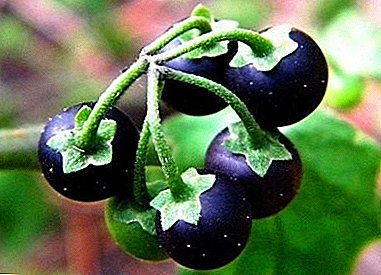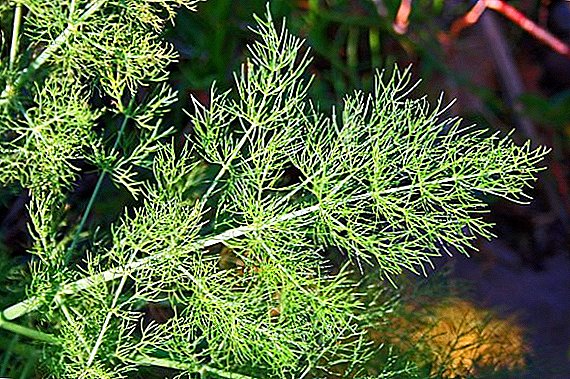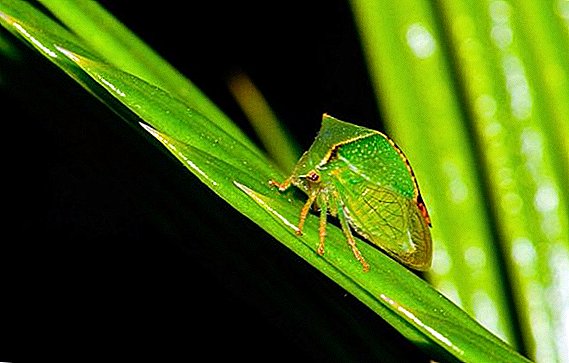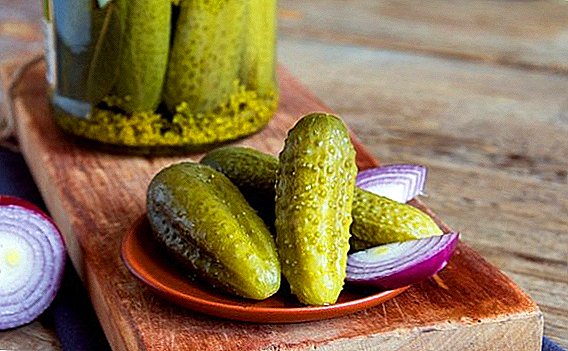
Parsley is a spicy herb, of the genus biennial, umbrella family. The plant contains many vitamins and nutrients.
It is used in cooking, medicine and as a cosmetic. Eating spicy herbs in food provides the right amount of vitamins and minerals.
Both leaves and plant root are used. This article describes in detail how much you can and should eat parsley every day and what will happen if you eat a lot of greens?
Reasons for limiting
There are no particular restrictions on parsley. It all depends on the quantity, since an oversupply of vitamins and essential oils contained in the plant can turn into:
- dizziness;
- nausea;
- convulsions;
- pain in the abdomen.
There are also restrictions on medical indications, they will be discussed in the article below.
How much can you eat per day: the rate of use
For our body, it is enough to consume fifty grams of spices per day.. Pregnant women are recommended to significantly reduce this rate, and it is better to give up completely, replacing it with celery and other spicy herbs.
Restrictions for special categories of citizens
- In the category of citizens who are not recommended to eat parsley, people with urolithiasis, an inflammatory process in the kidneys, and a gastrointestinal tract are affected.
- With extreme caution, the plant should be consumed by pregnant women. Fear caused by the quality of spices to have a stimulating effect on the walls of the uterus. Especially it is not recommended for pregnant women to eat parsley root, it contains the most undesirable nutrients during pregnancy.
The use of parsley in pregnant women can cause premature labor, leading to miscarriage.
Consequences of excessive use of greens and actions when they appear
- Daily use. By consuming spicy grass every day in large quantities, the body is oversaturated with the nutrients and essential oils contained in it. This can cause migraines, dizziness.
Although parsley is a mini pharmacy, you should not abuse it. Enough one or two branches.
If the use of parsley noticed negative reactions of the body, you need to refuse to accept the product in food.
 One time overeating. If you immediately eat a large amount of parsley, it can cause:
One time overeating. If you immediately eat a large amount of parsley, it can cause:- hallucinations;
- nausea;
- stomach ache.
When these sensations appear, it is necessary to do a gastric lavage, call an ambulance.
- Lack of parsley in the diet. The lack of spices in the diet will not cause much harm to the body. But if a person is on a diet, then parsley replenishes the body with enzymes and helps with digestion. Also reduced the presence in the body of minerals, which are contained only in this plant.
Vitamin B9 is present in parsley. Its deficiency reduces the growth and division of body cells, leads to disruption of the formation of proteins.
The combination of parsley with cucumbers, tomatoes, cabbage, mayonnaise, butter, sour cream leads to the release of nitrite, which are very harmful to the human body. Salads, it is desirable to use fresh, for forty minutes from the moment of preparation, otherwise the parsley loses its beneficial properties and becomes harmful for eating.
To reduce the effect of nitrates in parsley, you need to soak it in cold water for an hour.
- Constant overuse. To avoid negative consequences, you should eat parsley constantly and in large quantities, in addition to nausea, hallucinations, blood stool, migraines, joint pain, convulsions, and large weight loss can be added.
To avoid negative consequences, it is necessary to reduce the amount of parsley content in the diet or temporarily abandon it.
The benefits of moderate parsley consumption are large and necessary for the human body. This herbal spice strengthens the immune system, keeps it in shape, is used in traditional medicine, is a natural means of increasing potency. It is consumed raw, dried, crushed to a state of juice. The main thing to understand that it is useful - does not mean a lot.


 One time overeating. If you immediately eat a large amount of parsley, it can cause:
One time overeating. If you immediately eat a large amount of parsley, it can cause:









